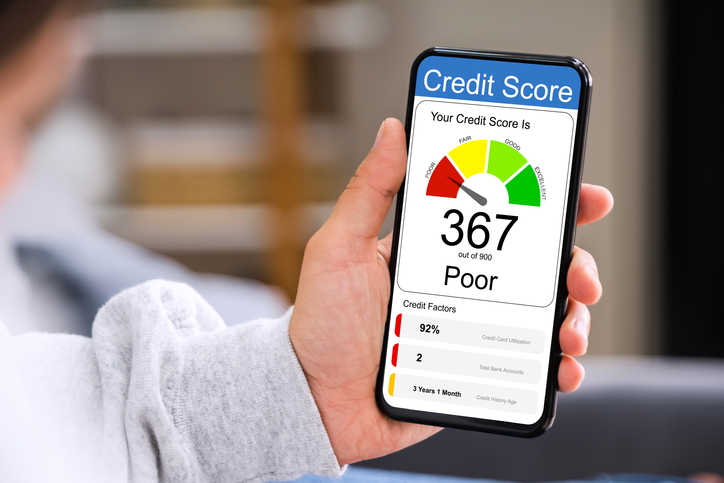In the early 1940s, Abraham Maslow wrote a paper called “A Theory of Human Motivation.” This paper was based on what we now call Maslow’s Hierarchy of Needs. Basically, Maslow says that some human needs are more basic than others. Before we can work on satisfying our higher needs, our basic ones have to be met.
This idea is valuable in the field of psychology, but it’s just as valuable when it comes to writing a budget and creating simple budget categories.
Here’s what the Hierarchy looks like:

Physiological Needs – These are the things you need to live. Things like food, water, shelter, and sleep all fit into this category. These needs have to be met before people are motivated to do anything else.
Safety Needs – This was originally intended to mean safety from physical harm. Now, it might make more sense to call this “security.” Health, job security, and emotional security fit into this category.
Love/Belonging Needs – You could also call this need “social belonging.” This need is part of what drives the high school clique culture and the enjoyment people find in sports teams, social groups, and clubs.
Esteem Needs – People begin to develop the need for self-esteem as the most basic human needs are met. This need is met by feeling confident and good about yourself.
Self-Actualization Needs – This describes the desire for self-improvement. Once all of the previous needs are met, people have the need to meet their full potential and become the best person they can become.
For example, a woman who has a good apartment, a stable job, and a lot of friends might begin trying to put herself in leadership positions at work in order to really push and improve herself. In this situation, she’s met her physiological, safety, and belonging needs; now she’s trying to meet her esteem and self-actualization needs.
How To Use Maslow’s Hierarchy When Writing A Budget
Maslow’s Hierarchy of Needs is useful in psychology, but why are we talking about it here? If you look at Maslow’s Hierarchy as a way to prioritize how you spend your money, it makes a lot of sense.
Just like how people are motivated to meet their physiological needs before their social needs, you should make sure you have money to pay for rent and groceries before you set aside cash for a trip to Vegas with your friends.
If our prehistoric ancestors decided to reach their full potential as excellent rock throwers before their food needs were met, they would die. If you spend money on needs out of order, you’ll have ongoing money issues.
A great way to start writing a budget is by getting some simple budget categories down on paper. Use Maslow’s Hierarchy of Needs as an outline for your budget. This will help you stay organized and prioritize how you will spend your money.
Look over the categories I described above and put everything you spend money on in one of those categories. (Hint: Eating out four times a week doesn’t count as meeting a physiological need.)
How Maslow’s Hierarchy Cuts Out Unnecessary Purchases

If you were down to your last 30 dollars, what would you spend it on? Food to fill your empty cupboards, or a harmonica because you like music, but you’re not very good at whistling?
The food. Buy the food.
This is an extreme example of how Maslow’s Hierarchy can help cut out unnecessary purchases and make better buying decisions.
Maslow’s Hierarchy is a great budgeting tool because it helps us focus on filling our most basic needs first. It’s much easier to cut out purchases that fit into the self-actualization category when we see that we don’t have the safety net of an emergency fund.
At the end of the day, it comes down to your own self-control. But try to see your purchases in this light, and it will be easier to see which needs to focus on and which needs can wait.
Whether it’s paying rent or finally buying that harmonica, by focusing on the basic needs of life first, each dollar spent will do more to improve your life than if you focus on higher needs first.
Maslow’s Hierarchy and Debt

Debt makes organizing our financial lives much more difficult. Because of that, going into debt should be a last resort.
For example, you may have the money to pay for housing, food, and the most basic needs of life, but you may not have enough money to take a SCUBA trip to Mexico.
Taking out a loan would artificially allow you to go much higher on the hierarchy than you should. Remember that after you get back from your dream vacation, you’ll have all your usual expenses plus the extra burden of loan payments.
Going into debt does not give you more money. It’s borrowing money with interest. Only borrow money if one of your most basic needs is suffering. Otherwise, you run the risk of digging yourself into a hole of debt.
Be intentional with your money. Check out some of our other articles on how to keep a budget and get yourself financially free.









